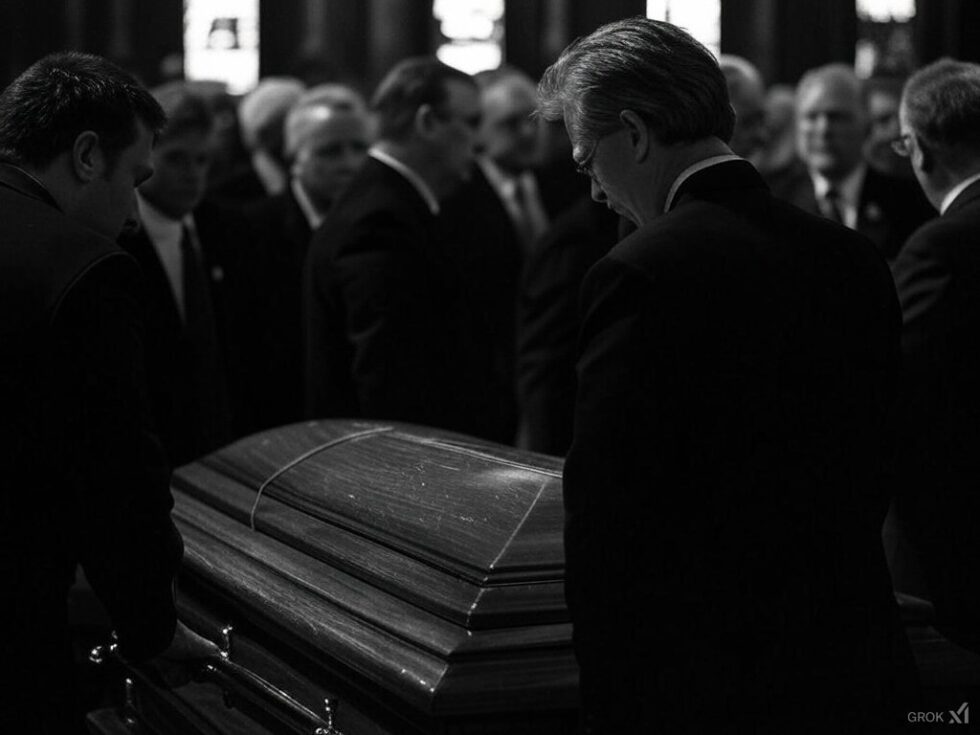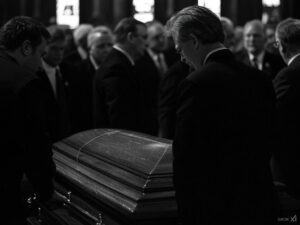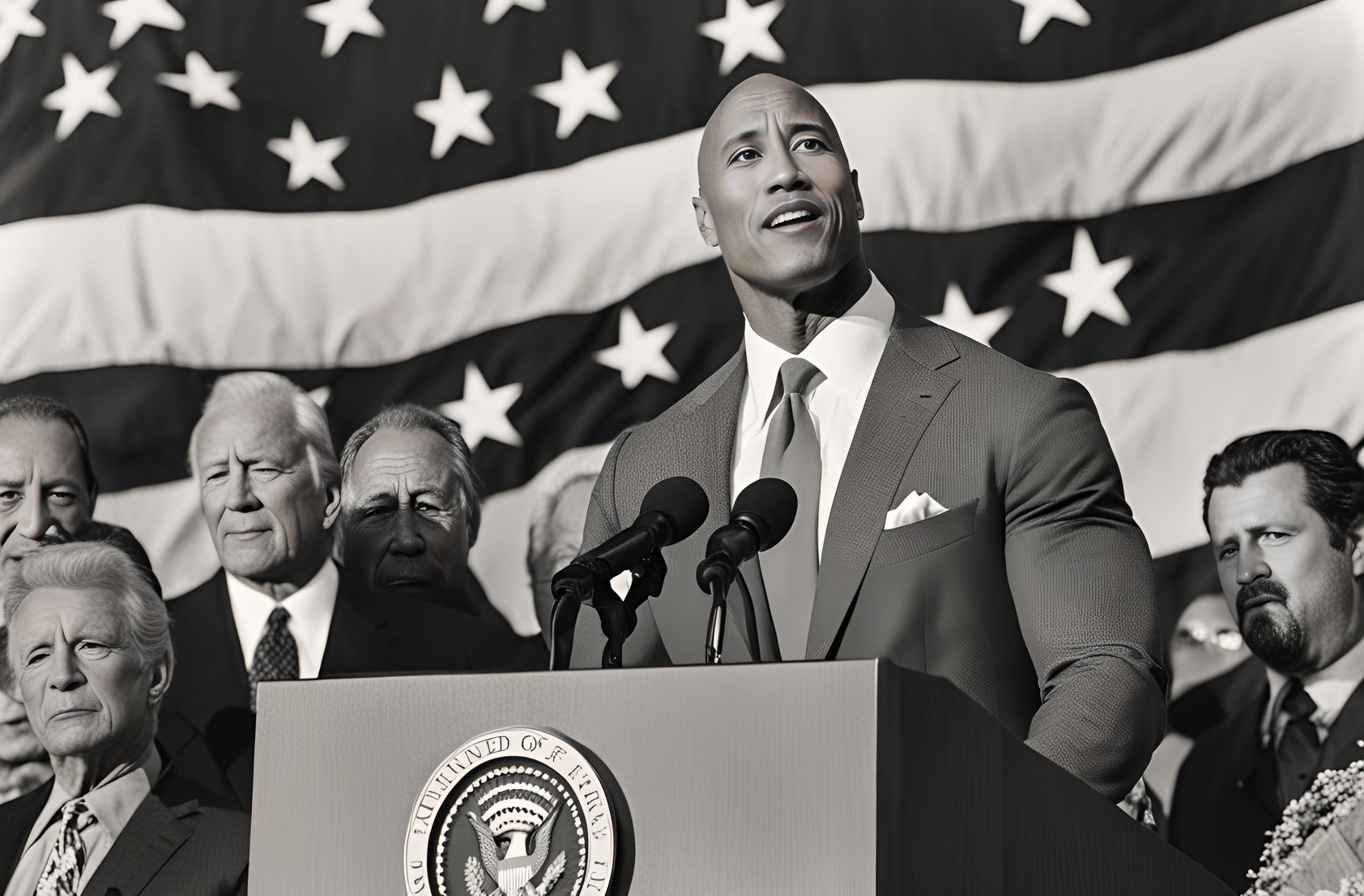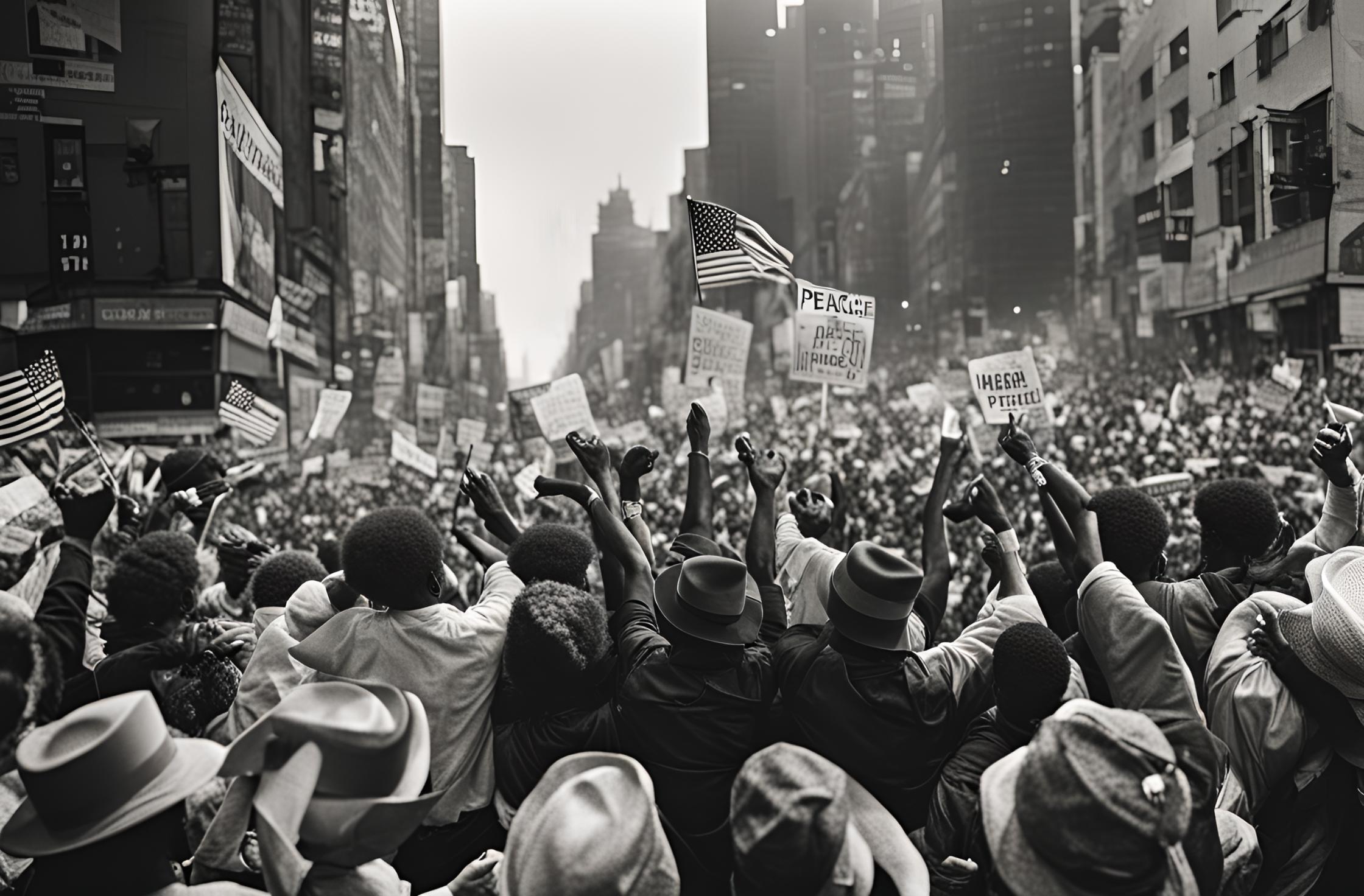
In the spring of 1835, a cold wind swept through Washington, D.C., as the city buzzed with political tension. Andrew Jackson, the fiery seventh President of the United States, was a man of contradictions—a champion of the common man to some, a tyrant to others. His policies stirred both admiration and animosity, and it was in this charged atmosphere that a fateful event unfolded, altering the course of American history.
On January 30, 1835, as Jackson left the Capitol, a man named Richard Lawrence emerged from the shadows. Lawrence, a deranged house painter who believed himself to be the rightful heir to the British throne, approached Jackson with two pistols, intent on changing the course of history. In reality, both pistols misfired, and Jackson survived. But in this alternate timeline, Lawrence’s first shot found its mark, striking Jackson in the chest. The President staggered, his face a mask of shock and pain, before collapsing on the steps of the Capitol.
The nation was plunged into chaos. Vice President Martin Van Buren, a shrewd politician, assumed the presidency amidst a wave of uncertainty and fear. Jackson’s death became a rallying cry for his supporters, who saw him as a martyr for the cause of the common man. Van Buren, though a capable leader, lacked Jackson’s charisma and the fierce loyalty he inspired. The country was deeply divided, and Van Buren’s presidency was overshadowed by the specter of Jackson’s assassination.
In the immediate aftermath, conspiracy theories ran rampant. Some whispered that Lawrence had been a pawn in a larger plot orchestrated by Jackson’s political enemies. Others believed foreign powers had a hand in the assassination, seeking to destabilize the young nation. As the investigation unfolded, the truth remained elusive, fueling a sense of paranoia and mistrust that permeated the political landscape.

The assassination had profound implications for the burgeoning Democratic Party. Jackson had been its unifying figure, a symbol of populism and defiance against the established order. Without him, the party splintered, with factions vying for control. Van Buren, though a skilled politician, struggled to maintain unity. The Whigs, seizing the opportunity, gained momentum, capitalizing on the chaos to position themselves as a stabilizing force.
As Van Buren grappled with domestic turmoil, international tensions simmered. Jackson had been a staunch advocate of American expansionism, and his death emboldened foreign powers to test the limits of American resolve. In particular, the British, still smarting from their defeat in the War of 1812, saw an opportunity to reassert their influence in North America. Skirmishes along the Canadian border threatened to escalate into a full-scale conflict, and Van Buren found himself navigating a precarious diplomatic landscape.
Amidst the political upheaval, a new cultural movement began to take shape. Jackson’s assassination became a symbol of resistance against tyranny and oppression. Artists, writers, and musicians drew inspiration from the fallen president, creating works that celebrated his legacy and called for unity in the face of adversity. This cultural renaissance, though born of tragedy, helped to heal some of the nation’s wounds, offering a glimmer of hope in a time of uncertainty.
As the years passed, the nation slowly began to stabilize. Van Buren, though never able to fully escape the shadow of Jackson’s death, managed to steer the country through turbulent waters. His presidency laid the groundwork for future leaders to build upon, and the lessons learned from the chaos of Jackson’s assassination became ingrained in the American political consciousness.
In this alternate history, Andrew Jackson’s untimely death served as a catalyst for change. It exposed the vulnerabilities of a young nation and forced its leaders to confront the challenges of governance in a divided society. Though the path was fraught with peril, the American people emerged stronger, united by a shared determination to honor the legacy of their fallen leader and forge a brighter future.
The assassination of Andrew Jackson, while a moment of profound tragedy, ultimately became a turning point in the story of the United States. It was a reminder of the fragility of democracy and the resilience of the human spirit, a testament to the enduring power of hope and the indomitable will of a nation determined to rise above its darkest hour.





He was instrumental in preventing an earlier civil war over slavery. His death may have led to an earlier civil war and a divided nation.
feges8
DKwLDLVEuTB
KZwUhsTh46b
qGAB2scmces
tanDXOuNvD5
u9wxINaWvWv
VH17T7yDKul
MphMJZS2c36
5TmNIryt5HO
56Bb6vxRDrt
p4ofx46tpsY
TdTggb3LXUM
yubuheW46HQ
CFPGUMcREt3
mAQtlReVQhW
d4hVrCZyQUD
jX1xWVoXyju
2lrUQowdwMJ
4iJrq93lUOa
WloMpstzEXr
mS0guROyXEa
ap1gNweI9Bp
0ww3xcufoXu
2jTxi0n9m9O
hwsPegXPJVB
uaxG7Yy4NWu
X2MS6q3VVxm
UTiIGh11DyT
jUm9lfaMaf8
A1b45G2NFjO
82Atud0DaCJ
3aYRoEMpiAY
B9CSvOaG3HG
0yJRK3QK7uW
SDPYtx8zh71
F2TLdSHjTa4
KE0sXQjCjUv
rszqon